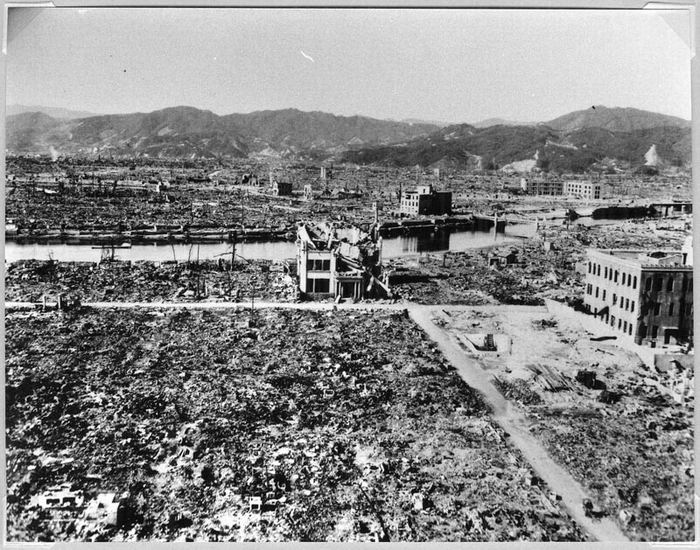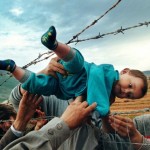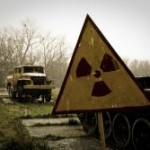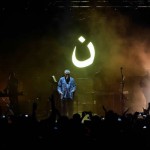I Come and Stand at Every Door

Tens of thousands are gathering for peace ceremonies in Hiroshima to mark the 69th anniversary of the US atomic bombing of the city, as anti-nuclear sentiment runs high in Japan.
The effects and fears of Hiroshima-like infernos are far from over. Thanks to the handy work of ruthless superpowers and selfish regimes the world has become a more dangerous place than it was at the time Hiroshima was burning.
There are many potential tragedies that are in the offing; children in Swat, Dir, Malakand, Afghanistan, Somalia and many other parts of the world have been affected by the brutalities of war and aggression.
According to experts 57 per cent of all casualties during recent Israeli attacks on Palestine were children. More Iraqi children were perished in violent deaths than the total victims of Hiroshima put together.
Noman Ahmed
Nazım Hikmet & Joan Baez – Hiroşima
The Little Girl of Hiroshima by Nazim Hikmet – When the Atomic Bomb was dropped on Hiroshima Nazim Hikmet described this atrocity from the posthumous point of view of a seven year old child.
I come and stand at every door
But no one hears my silent tread
I knock and yet remain unseen
For I am dead, for I am dead.I’m only seven although I died
In Hiroshima long ago
I’m seven now as I was then
When children die they do not grow.My hair was scorched by swirling flame
My eyes grew dim, my eyes grew blind
Death came and turned my bones to dust
And that was scattered by the wind.I need no fruit, I need no rice
I need no sweet, nor even bread
I ask for nothing for myself
For I am dead, for I am dead.All that I ask is that for peace
You fight today, you fight today
So that the children of this world
May live and grow and laugh and play.Nazim Hikmet, 1960
Hikmet is considered to be the father of modern Turkish poetry. Born in 1902, in Salonika in the Ottoman Empire while his father was serving in the Foreign Service, he was exposed to the arts at an early age. At the end of the First World War, Hikmet left Turkey for the former Soviet Union. There he attended university and didn’t return to his homeland until Turkey became independent in 1924. However, he soon found himself imprisoned for his political writing. He escaped to Moscow, and returned to Turkey in 1928, after a general amnesty was given to political prisoners. For over twenty years Hikmet worked as a scriptwriter and journalist and published nine books of poetry. He left Turkey for the last time in 1951 to live the remainder of his life in the Soviet Union.
Related Posts
Tags: hiroshima, Nazim Hikmet
Trackback from your site.




